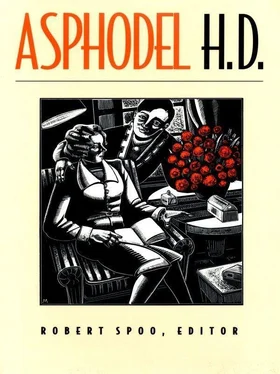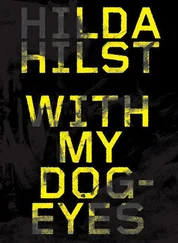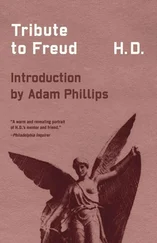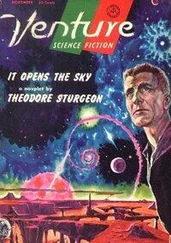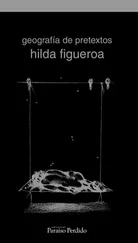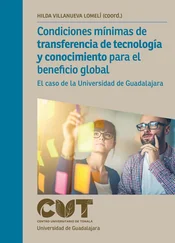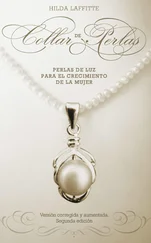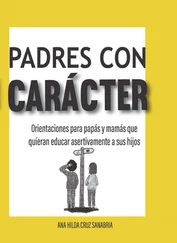She was too young to talk about self, self, self — what was self? Self was a white carnation in a tall, green tumbler, (you can’t kill your self ) self was a lotus-lily folded in the mud, self was the scent of pot-pourri across the fumes of beech bark burning in an elegant room and the polish on the floor and the net of gilt that was the sun, that was the curtain before the window that caught the sun, self was the sun caught in a drawing room curtain, caught now in a curtain that was too heavy. Hermione looking up from her tea-cup, jerked herself violently back from the contemplation of self, a lily bud folded in slime, of self, the scent of white wax carnations. . this is different. . “I almost thought I was back again in Buckinghamshire. . time is so funny now. .” catch yourself back Hermione, you are getting more and more lax, don’t seem to understand time at all, it’s a sort of madness, a sort of drug having a small le Fay and the girl even now doesn’t seem to realize it and it’s three months since I saw her in Buckinghamshire and I must move out to Richmond soon, in a few weeks to be near the nursing home. . “I am going out to Richmond in a few weeks, be sure to make me remember to give you the address. It isn’t fair to talk this suicidal talk till I get better.” Time was so funny. It got funnier and funnier. . what was self? What was time? No need asking what truth was for jesting Pilate never stopped to find out, no one would ever find out “what is truth?” The girl would go on staring at her and staring at her. If she woke up dead, after the baby, after the chloroform (is that the reason she wanted the baby? Legitimate suicide, she understood why the girl wanted to die, but with chloroform) if she woke up there would be no peace — there are no fields of asphodel this side of the grave. There were certain problems you had to settle this side of the grave, might as well settle them now but she hated the girl in the great London house in her governess-like blue clothes, in her wide room, in the beautiful great drawing room, “is that really your portrait,” for it occurred after staring mesmerized at something that at first had seemed a subtle bit of colour but that had turned out to be pearls painted, carefully painted pearls that had given back a cheating semblance of glamour and the thing had turned out to be a portrait and all twisted and all wrong eyes had looked at her. Eyes had looked at Hermione from the wall of the enormous drawing room and mesmerized she knew she would never, never escape those eyes that looked and looked and looked. Those eyes said to her what she had just said, they asked and asked, “what is truth?” They were devouring wicked eyes in a face that was smooth and sponged clean of any character. Eyes that were the wicked eyes of a Roman judge, that were the excruciating blasting cynical eyes of a Nubian torturer (only they were blue). What were the eyes? Hermione almost asked whose were the eyes, for they did not any more belong to anybody. . they looked at her night and day. . demanding.
Her eyes were the wicked eyes of a child, some wicked, excruciating son of Darius splitting open a chrysalis, now so soon of itself to be split. . it was more wicked now even than in Buckinghamshire for now the chrysalis was so near, only a little while. “I must move out to Richmond, then you will come to Richmond,” but she was asking it as a sort of duty, hating the girl, hating the eyes that split her open. Why didn’t the mouth speak, beguile the eyes? The mouth was too perfect, a little too wide, but in shape too perfect, but it had to be wide, that perfect mouth to cover that row of beauty. Hers were straight, beautiful, like a young lion’s teeth, not cruel like an old lion, like a young lion, teeth that could worry bird feathers — teeth that gave back the authentic sheen and shimmer that those pearls painted on that parody of the child throat did not pretend to give. . teeth. . pearls. “That picture isn’t — like — you.” But now she was being rude, holding herself in so many layers, so carefully housed, self and self and all confused and blurred by the cocoon state she was in. Self. What is self? Self is a lotus bud slimed over in mud. Small le Fay, you are more a self than I am, but I am giving myself to you to make a self. Are you giving yourself to me to make a self? What is a self? She was too young to say that. She had said months ago in Buckinghamshire that she couldn’t stand anything, most things, what things, herself chiefly. She had said that. She was too young to say she didn’t like herself. Beryl. Her name was Beryl. It was impossible, had from the first been impossible, that her name could be anything but Beryl. It might be — it might be — what might her name be? Beryl, Beryl, Beryl. Yes, her name was right. Beryl was her name. Beryl. She was nothing but a name, nothing but those jewels staring at her, making Hermione into something that wasn’t Hermione. Hermione was a cocoon, a blur of gold and gilt, a gauze net that had trapped a butterfly, that had trapped a thing that would soon be a butterfly. Hermione must stay a net of gauze, not be beguiled by eyes into some open rock-hewn wind blown spaces of the intellect. You see the intellect is Greek and if you are having a le Fay, a small le Fay, you must not be Greek. Let the intellect sink like a great white god, Pallas, or Helios, God, intellect into the ripples of self. What is self? Self is a great stone, a mill-stone, the intellect sunk and self is the ripples of sub-conscious or super-conscious gold over and over and over. Beryl was a lode-stone, a magnet, a devastating cruel daemon who would not let it rest, would not let it rest. . “but why do you prefer Propertius to Homer?” There was no answer to that, they didn’t blend, you never said the two in the same breath. But there was an answer. There always was an answer. Intellect would never let her go, never would let go. “Propertius offers me red wine in a goblet — lets me forget. Homer — makes — me — remember—”
You can’t go on with this, you can’t go on with this. Names were stones, were jewels, Catullus, a red lump of uncut slightly dulled over, dimmed over garnet as if the froth of wine had left its dim froth of scum on a red stone but he was not transparent, even translucent like Propertius, but he should be. Verses, carved and hammered, the Sapphics of Catullus, were small garnets giving back light, but you see what I mean, the feel of Catullus in the throat (the very u, u, u, of it, the stress on the u in your mind) makes the heavy froth or scum of grapes that blur over the texture of pure red and make it a blood stone, semi-precious but a weight about your throat — O weight of beauty about thin throat that rises, Morgan le Fay to escape — to escape — there is no escape — blue eyes say so, the eyes of some Persian magnate’s horrible boy child, eyes of a prince, the Beryl eyes of Beryl, Beryl. Beauty is Hell — should one say that at her? Hysteria. Don’t let me get hysterical for she makes me see things, the scum rises, floats and finally my brain looks out and I can’t let it, I can’t let that happen or I will go mad and the le Fay will be queer — odd — a monster not a small thing, amber and gold, floating to life, borne here like a golden willow catkin down a stream — down a stream— “Yes you should read it, learn Latin (it’s a pity you hate it) just for eras amet—” O God. Where do these things come from? “I know I’m indulging myself—” what a word, what an idea—“but may I have more — tea. Those sandwiches are so delightful”—words, what words — they were talking of Catullus, “I don’t know why I like, why I dislike. I am no critic of letters.” Letters. Cras amet. Someone had to love these things. Poetry like certain other of the things of the spirit will die if it is not loved . Someone — somewhere — had said that. Where? Who? Wilamowitz Möllendorff. She remembered the name. But he was Fritz. Fritz. Over the. . top. Over the. . top. But they were. They were over the top. People didn’t stare like that unless they were over the top and now it occurred to her, “Pindar is too like Bach. That’s why I hate him.” But was he? There were other lines, the violets of Ion, other lines of Pindar but on the whole say Pindar is like Bach and dismiss him. We have no time, no time. “Anacreon of course is our Herrick.” Yes, of course, Anacreon, Herrick. “You know snow white blossoms, what do I mean, white blossoms, plum, no, cherry, floating against dawn. Anacreon. Dawn. Eos so like Eros. People, names. Every Greek name is of course a person. Names are people and hold light and seem to gleam with light within themselves. Especially when they are stones. Don’t you think so? I mean, I am sure you see it that Aphrogenia is simply froth and foam of the sea but Aphrodite comes out clear, is crystal. Words, people. Names. Of course, the Greeks must have gone mad saying those words. The very names induce a sort of hysteria. And in the end they had to be conquered for who could stand up against swords, fighting with names like that, your heritage. Sappho, Anacreon in your veins, for the race is to the race. I mean every Greek held all that as every drop of water holds all the sea. Greeks. Names. I must have another sandwich.”
Читать дальше
